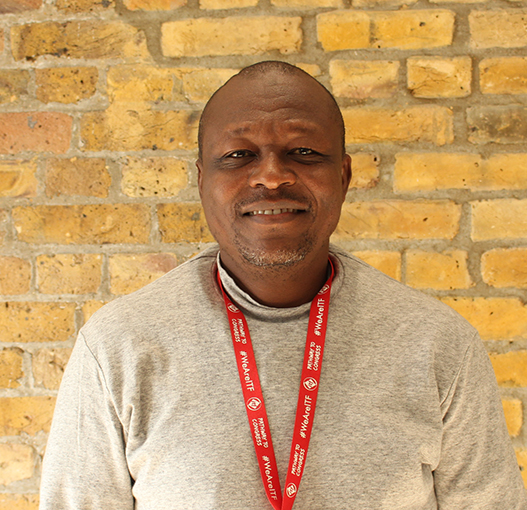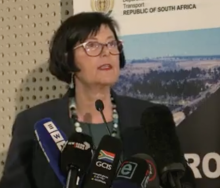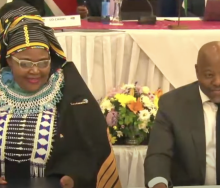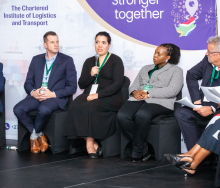Africa has an opportunity to become a world leader in seafarer training and could yet claim many of the new green jobs up for grabs as the global shipping industry transitions to low- and zero-carbon fuels, attendees were told at the ‘Green Shipping Conference’ in Accra last week.
The conference was hosted by the Ghana Maritime Authority in partnership with the Danish Maritime Authority and the UN’s International Maritime Organization (IMO). Delegates, including many directors-general of shipping, represented 17 maritime authorities from across the African region. With 1.3 billion people and a combined GDP of $3.5 trillion, Africa is one of the world’s biggest growth markets.
“Many shipowners are already ordering vessels with new designs, powered by alternative fuels and equipped with new technologies. More orders of these new vessels are expected to be made. But the question is: do we have the crew to operate them?” asks Helio Vicente, senior manager of trade policy and employment affairs at global shipowners’ group, the International Chamber of Shipping.
Research commissioned by the Maritime Just Transition Task Force found as many as 800 000 seafarers could require additional training by the mid-2030s to handle low- and zero-carbon fuels such as hydrogen and ammonia if the IMO adopts a target for net-zero emissions for shipping by 2050 to align to the 1.5ºC of the Paris Agreement.
The task force experts say as the industry cuts carbon pollution and moves away from fossil fuels to alternative low to zero carbon in anticipation of July’s decision, the training and maritime job opportunities are growing.
Addressing conference delegates, Vicente said: “There is already a shortfall in officers and almost 90 000 additional officers will be needed by 2026. Africa has the opportunity to step up and help provide the world with these seafarers and more, trained with the skills needed for the future.” He said that a future global centre of maritime excellence for seafarer training could be based in Africa, bringing with it more jobs and wider benefits for the region.
“Africa can leverage the strategic opportunities of this shipping revolution. But our advice is that you need to move on this now, today.”
Mohammed Dauda Safiyanu, Africa regional secretary for the International Transport Workers’ Federation (ITF) said: “We know that the decarbonisation of shipping, like any transport sector, will only be successful with a just transition for its people.

“Our region, Africa, has an important role in developing the workforce of the future, and also to make sure our African seafarers are properly supported with good quality jobs. To capitalise on this transition, we need to start bringing all parties – governments, employers, and trade unions – together, to align the various training, health and safety, and investment elements. ITF is here to see Africa succeed, and see our continent’s seafarers succeed. Seafarers move the world,” said Safiyanu.













